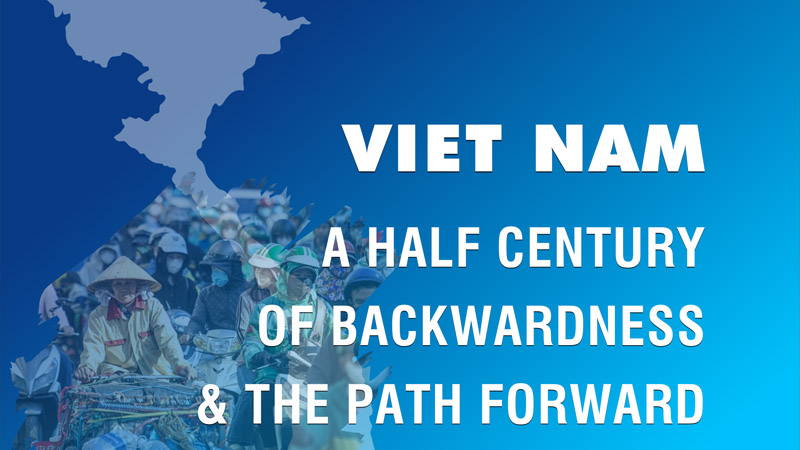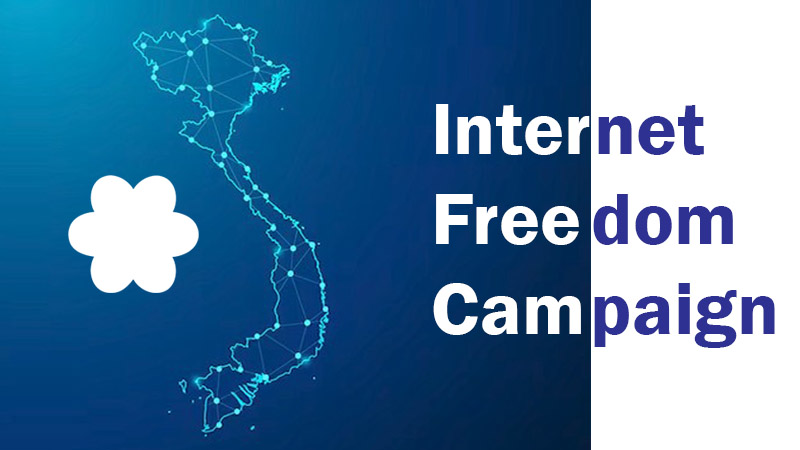By Robert McMillan
June 4, 2010
IDG News Service – Human rights activists are worried that new software mandated by Vietnamese authorities may lead to an Internet clampdown in the country’s largest city.
In April, local officials issued new regulations covering Internet cafes and service providers in Hanoi, ostensibly designed to crack down on hacking and other service abuses. Buried in the regulations is a mandate that service providers must add special software to their domain servers, used to authenticate systems on the network.
Under the new rules, domain servers must install a copy of the “Internet Service Retailers Management Software,” the regulations state.
Nobody quite knows what the software is, but activists in the U.S. worry that it may be used to clamp down on Internet usage in a country that has seen more and more grassroots information-sharing on social networks over the past year.
“There are now 25 million Vietnamese online and the government is afraid that the people have a venue that is relatively free of censorship where they can exchange their views,” said Duy Hoang, a spokesman with Viet Tan, a pro-democracy political party that is critical of the Vietnamese government. “The government doesn’t want independent sources of information,” he said.
“This recent move by the Hanoi authorities is definitely an obstacle toward Vietnamese people using the Internet,” Hoang added. He worries that the government-mandated software will be similar to China’s Green Dam censorware.
Duy Hoang, Viet Tan spokesman.
Last year China tried to force PC makers to ship Green Dam with all computers sold in the country, saying the software would help crack down on online pornography. But Chinese authorities eventually backed off from their plans after critics raised a host of privacy, security and system stability concerns, and Chinese Internet users showed no interest in installing the program.
Whether the Retailers Management Software is censorware is unclear, however. Given the government’s vague description of the product, it’s unclear what it does, said Alex Halderman, a University of Michigan assistant professor who analyzed Green Dam last year. “This might be for blocking; it might be for surveillance,” he said. “We don’t know. This isn’t enough information.”
Still, he’s interested in studying it.
There is at least one major difference between this software and Green Dam, however: the Retailers Management Software lives on a server, not the desktop.
Local media reports say the software was developed by the National University of Hanoi, and is expected to be installed in all of the city’s 4,000 Internet cafes by 2011, Hoang said.
The Embassy of Vietnam in Washington, D.C., did not return messages asking about the software on Friday.
No matter what Hanoi’s new management software actually does, the fact that government-controlled software is going into Internet cafes will have a chilling effect on Internet usage, said Kim Pham, outreach director with AccessNow, a group that provides technology support for human rights activists. “This is a public directive intended to let people know the government wants to monitor communications,” she said.
As Vietnamese Internet users have increasingly turned to social media sites such as Facebook and Yahoo360 to share information, the sites have been selectively blocked in the country, Pham said.
The Internet was a focal point for opposition to government plans to start a massive bauxite mining operation in Vietnam’s lush central highlands region. In late 2009, Bauxitevietnam.info, a Web site that had galvanized opposition, was knocked offline by a distributed denial of service attack. And around the same time, someone hacked the Web site run by the Vietnamese Professionals Society and slipped a Trojan horse program into a Vietnamese-language keyboard driver that the site offers as a free download.
Activists like Pham and Hoang believe the Vietnamese government has a strong interest in spying on online conversations, especially after seeing how the Internet was used to spread information about last year’s Green Revolution in Iran. “They’ve seen what’s happened with Iran and they’re very concerned about that,” Pham said.
http://www.computerworld.com/s/article/9177703/Activists_worry_about_a_new_Green_Dam_in_Vietnam





